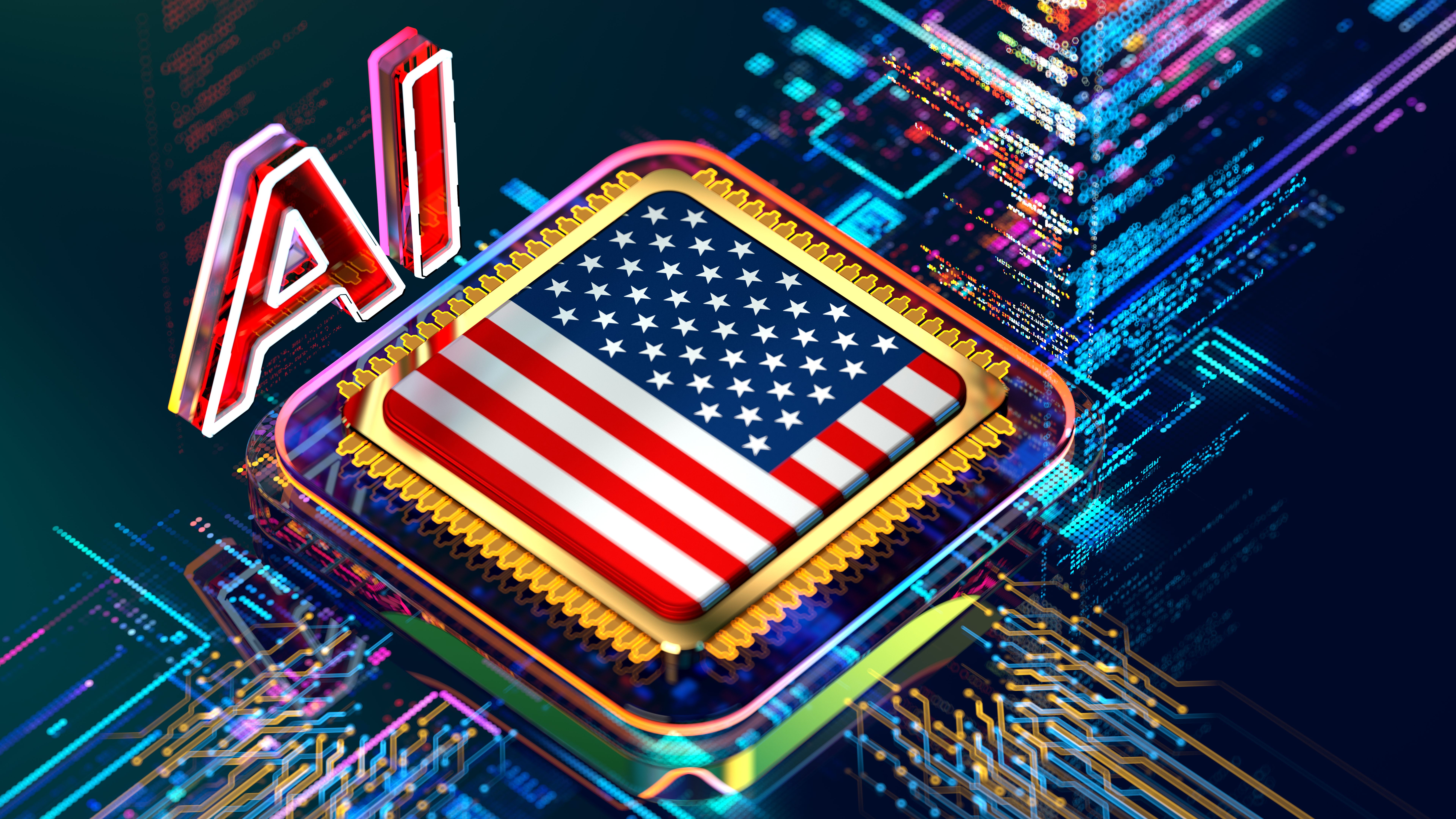Decentralized AI Networks: Collaborative Model Training with Blockchain
Understanding Decentralized AI Networks
Decentralized AI networks are revolutionizing the way artificial intelligence models are trained. These networks leverage the power of blockchain technology to facilitate collaborative model training across various nodes, ensuring security, transparency, and efficiency. By distributing the computational workload, decentralized AI networks enable more robust model training without relying on a central authority.
The traditional centralized approach to AI often faces challenges such as high costs, data privacy concerns, and the risk of single points of failure. Decentralized AI networks address these issues by decentralizing the process, allowing for a more democratized and secure AI development environment.

The Role of Blockchain in AI Networks
Blockchain technology plays a crucial role in the functioning of decentralized AI networks. It provides a secure and immutable ledger for recording transactions and data exchanges between network participants. This ensures that all interactions are transparent and traceable, which is vital for maintaining trust among collaborators.
Moreover, blockchain facilitates smart contracts—self-executing contracts with terms directly written into code—that automate processes within the network. This reduces the need for intermediaries and further enhances the efficiency and reliability of collaborative model training.

Benefits of Collaborative Model Training
Collaborative model training in decentralized AI networks offers numerous advantages. One significant benefit is the ability to harness diverse data sources from multiple participants, leading to more accurate and generalized AI models. This collaborative approach allows for the pooling of resources, which can significantly reduce training times and costs.
Another advantage is improved data privacy. Since data does not need to be centralized or shared in its raw form, participants can contribute to model training without compromising sensitive information. This is particularly beneficial in industries like healthcare and finance, where data privacy is paramount.

Challenges and Considerations
Despite its benefits, decentralized AI networks come with their own set of challenges. One primary concern is ensuring consensus among participants, as disagreements can stall progress. Establishing a robust consensus mechanism is essential for maintaining harmony within the network.
Additionally, the complexity of integrating blockchain with AI systems can pose technical hurdles. Developers must navigate these intricacies to achieve seamless interoperability between the technologies. Ensuring scalability to handle large-scale AI tasks is another critical consideration that requires ongoing innovation.
The Future of Decentralized AI Networks
The future of decentralized AI networks looks promising as more organizations recognize the potential of this innovative approach. By fostering collaboration and harnessing the power of blockchain, these networks are poised to transform industries by enabling the development of cutting-edge AI solutions.
As technology continues to evolve, we can expect further enhancements in decentralized AI networks that address current limitations and expand their capabilities. The ongoing integration of blockchain and AI holds the potential to unlock new possibilities, paving the way for a more connected and intelligent world.
